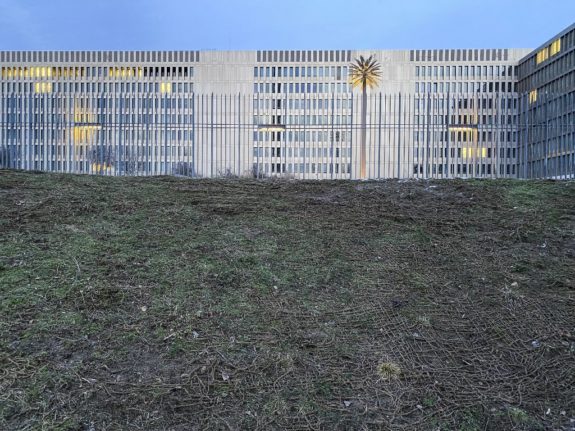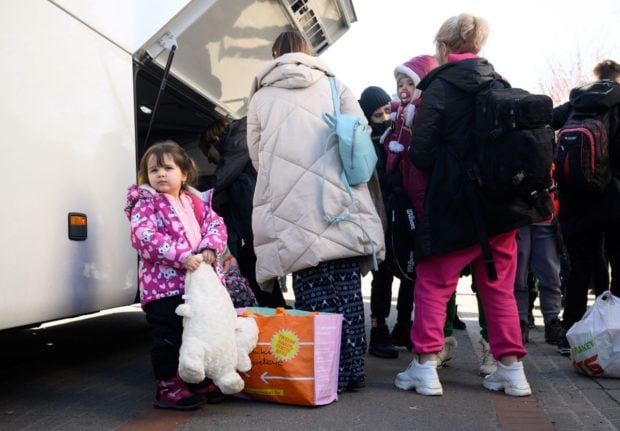Russia’s FSB intelligence service instructed the suspect to find out the exact positioning of Himars precision rocket launchers supplied by the US and the Iris-T air defence system supplied by Berlin, Der Spiegel magazine reported.
“People familiar with the case say it is rather unlikely that such data was passed on,” it said.
But the alleged spy, identified only as Carsten L., did manage to pass on dossiers held by Germany’s BND foreign intelligence agency on top-secret Russian communication systems, according to German magazine Focus.
Carsten L. was arrested on December 22 on suspicion of treason.
In January, a second suspect identified as Arthur E. was also arrested and accused of being complicit in the treason by helping Carsten L. pass the information to Russia.
Unlike Carsten L., Arthur E. was not employed by the BND.
According to Der Spiegel, investigators found at least €100,000 in cash in a safe-deposit box belonging to Carsten L., thought to have been handed over to him by Arthur E.
The arrangement was intended to be long-term, the magazine said.
The Ukraine conflict has heightened concerns in Berlin not only about Russian espionage plots, but also attempted sabotage of critical infrastructure and cyber attacks.



 Please whitelist us to continue reading.
Please whitelist us to continue reading.
Member comments